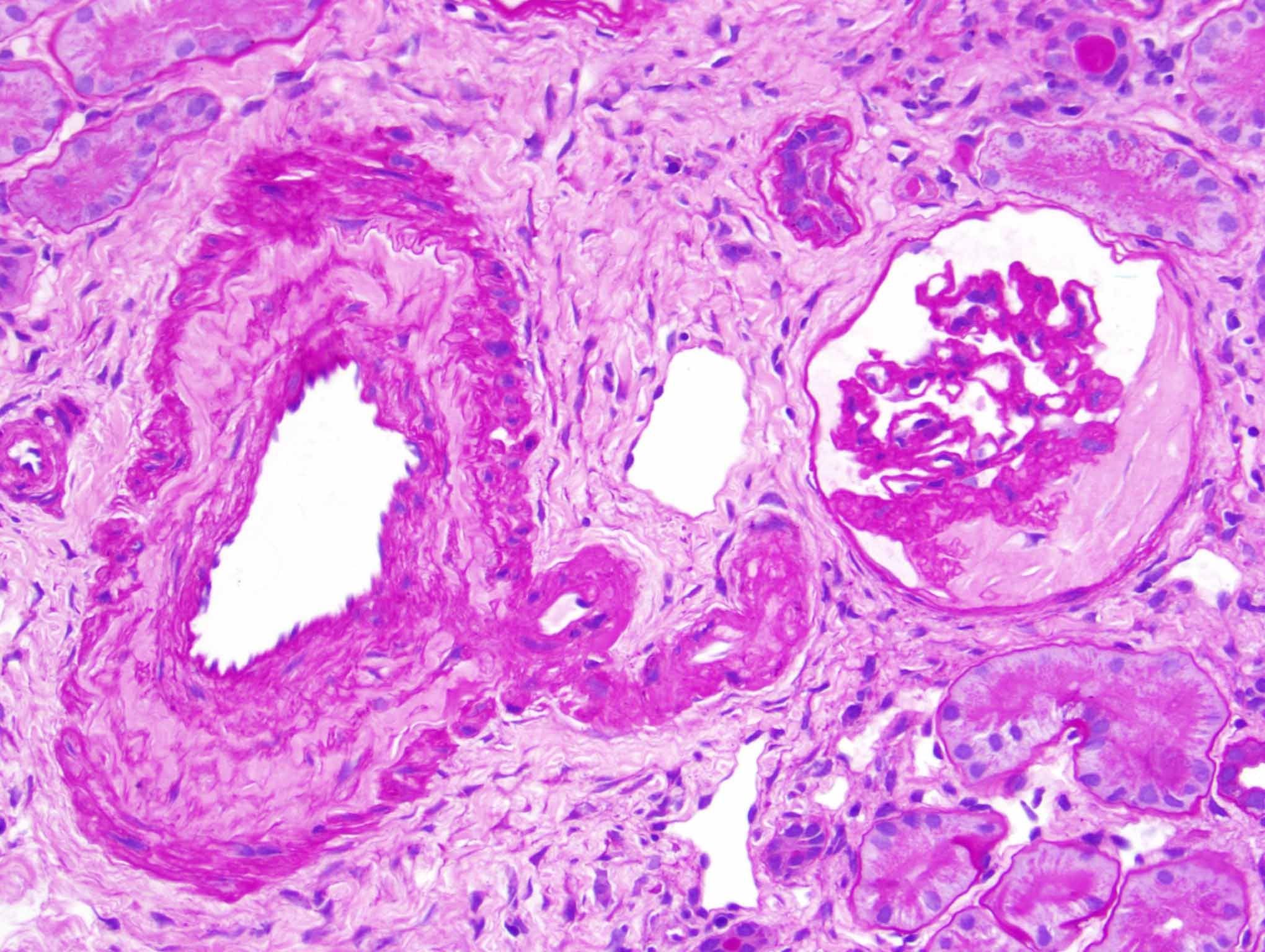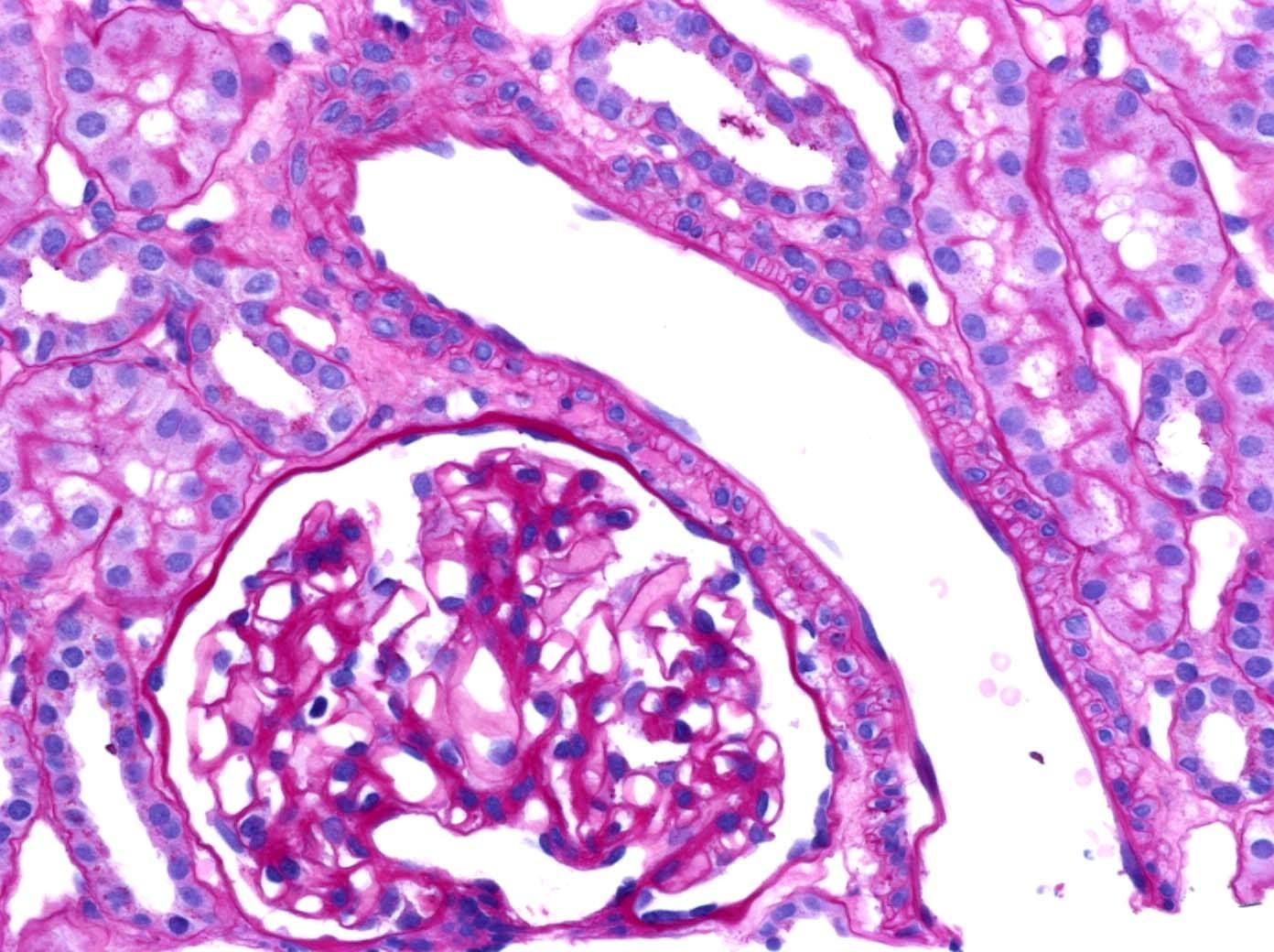What is high blood pressure/hypertension and how is high blood pressure diagnosed?
High blood pressure, also called hypertension, is an increase in the pressure within blood vessels. Normal blood pressure for adults is 120/80, which a health care provider will refer to as “120 over 80.” The first number is the systolic pressure and represents the pressure as the heart beats and pushes blood through the blood vessels. The bottom number is the diastolic pressure and represents the pressure as blood vessels relax between heartbeats.
High blood pressure is important to identify because hypertension can damage several organs such as the heart resulting in a heart attack, the brain resulting in a stroke, or the kidneys causing kidney failure. A health care provider diagnoses high blood pressure when systolic blood pressure is consistently above 140 or diastolic blood pressure is consistently above 90. Most causes of high blood pressure are unknown. However, high blood pressure can run in your family. Environmental factors may also lead to an increase in blood pressure, like too much salt in the diet, smoking, and obesity.
What are the signs of kidney disease?
A variety of symptoms with severe hypertension or in the later stages can occur such as headaches, shortness of breath, chest pain, nausea and vomiting, and fatigue. However, most people with high blood pressure do not have symptoms.
How does high blood pressure affect the kidneys?
When blood pressure is high, blood vessels stretch so blood flows more easily. Eventually, this stretching scars and weakens blood vessels throughout the body, including those in the kidney. This reduces the kidneys’ ability to work properly and the kidneys may stop removing wastes and extra fluid from the body.
High blood pressure is the second leading cause of kidney failure in the United States after diabetes. Kidney disease is diagnosed with urine and blood tests.
The best way to slow or prevent kidney disease from high blood pressure is to take steps to lower blood pressure. This includes a combination of medication and lifestyle changes, such as:
- Eat healthily
- Be physically active
- Maintain a healthy weight
- Do not smoke
- Manage stress
Patient Resource Sheet
Quick note: This post is to be used for informational purposes only and does not constitute medical or health advice. Each person should consult their own doctor with respect to matters referenced. Arkana Laboratories assumes no liability for actions taken in reliance upon the information contained herein.





